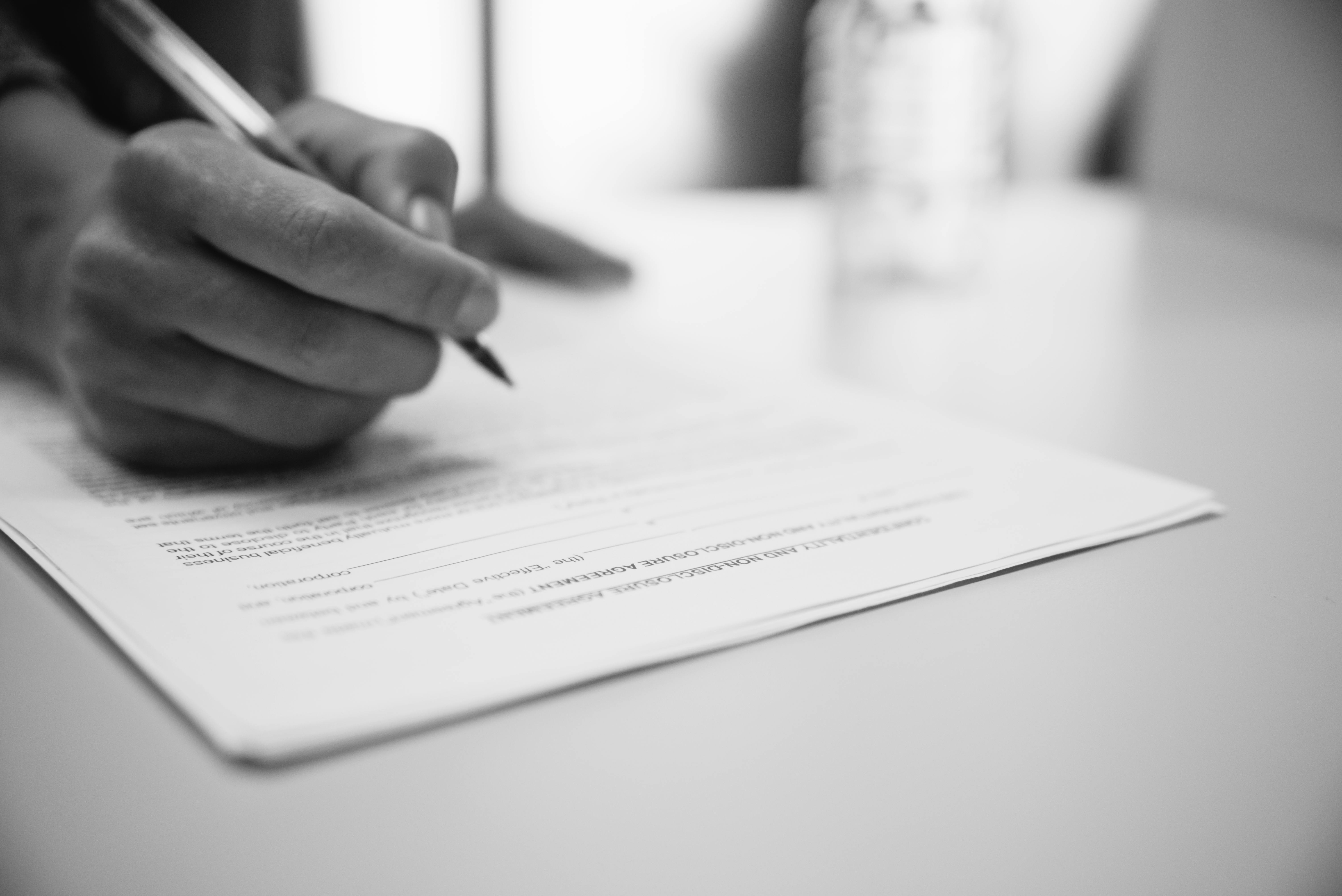
Copyright
New Zealand
Copyright is the right to stop others from copying your work. It applies to a variety of original “works” , and arises automatically (not by registration) from the act of creation. The most important type of works commercially are usually:
- Artistic works (drawings, pictures, logos and artwork);
- Literary works (any writing, including software code) and
- Music works, sound recordings and films.
It has been described as “egalitarian” in that it protects all original works, regardless of their quality, level of investment or cultural value.
It also applies to objects made in 3 dimensions from 2-demensional artistic works such as drawings, sketches or blueprints. New Zealand law on this aspect is different from most other countries.
Copyright protects the form in which ideas are expressed, rather than the ideas themselves.
Copyright is complex, with exceptions to the general prohibitions against copying allowing for fair use, criticism review, and news reporting, and with carve-outs for special users such as educational institutions. It is often accompanied by related rights such as moral rights and performer’s rights.
There are special provisions relating to Internet Service Providers relating to copying material down from or up to the Internet. New Zealand has a “3-strikes” system applying to infringing Internet material, adjudicated by the New Zealand Copyright Tribunal.
New Zealand is a Party to the Rome Act (1928) of the Berne Convention, {and (via the TRIPS Agreement ) to Articles 1 – 21 of the Paris (1971) Act of the Berne Convention} the Universal Copyright Convention, The Trans-Pacific Partnership and various WIPO treaties.
Border protection provisions are also available using the NZ Copyright Act.
McCabes’ attorneys have long experience with all aspect of copyright, including subsistence of copyright, ownership, licencing and litigation. Peter Dengate Thrush is a long-serving member of the New Zealand Copyright Tribunal, and has appeared as counsel in a number of leading New Zealand copyright cases.
Australia
Australian copyright law has been much influenced by UK copyright law – the British Copyright Act of 1911 was the legislation in force in Australia until the Australian Copyright Act of 1968 was passed.
As in New Zealand, there is no “register” of copyright works or authors – the right arises from the act of creation of the work. Works can be books, songs, plays, sculptures, software – almost anything that is the physical expression of an idea or a design. Copyright generally lasts for 70 years after the death of the author.
Unlike New Zealand, once an article has been industrially employed ( meaning more that 50 product have been made) copyright no longer subsists – which is intended to drive copyright owners to register their designs at the Designs Office. Once a design is registered, separate copyright is also usually lost.
There are a number of exceptions to infringement available under the Australian doctrine of “fair use”. Categories of fair use include review or criticism, research or study, news-reporting, judicial proceedings or professional legal advice, and parody or satire. In addition to falling within these categories, such use must be objectively “fair” taking into account all the circumstances of the case.
Since 2000, Australian copyright law has also provide for the moral right of individual authors. The two primary moral rights (1) a right of “attribution” which is the right to be identified as the author of a work and (2) a right of “integrity” which protects a work from derogatory treatment which would impugn the author’s reputation.
Lawyers & Patent Attorneys
McCabes are experts in all aspects of Australian and New Zealand IP rights, protection and law. We act for clients in NZ, Australia and internationally.
For advice on securing, protecting and defending your IP assets, please contact us today.
Auckland
- +64-9 303 2050
- advice@mccabes.co.nz
187 Hurstmere Road
Takapuna
Auckland
Wellington
- +64-4 801 7481
- advice@mccabes.co.nz
Level 5, 38—42
Waring Taylor Street
Wellington
©2022
